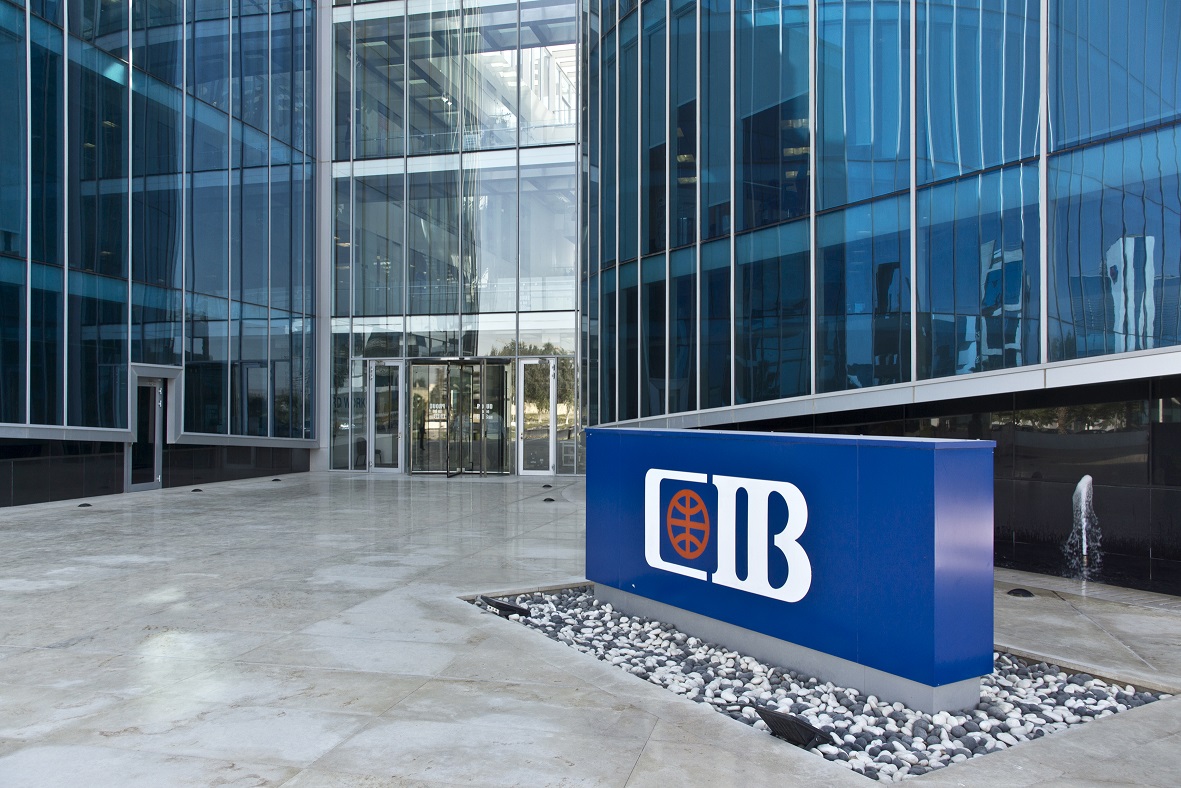The hype over the past few years in business and economy circles seems to always go back to ecological footprint and environmental impact. Companies and big corporates are urged to find innovative ways to continue growing without levying a heavy impact on the planet, and this is no easy feat in an industrial world that’s grown accustomed to depleting the earth’s resources without any checks and balances.
At the forefront of the global effort to address climate change are banks and financial institutions. Such institutions are the ones bankrolling major industries around the world, from factories to farms and everything in-between. This means that even if they don’t directly bring damage to the planet, they finance industries and businesses that do. But in a profit-driven economic system, how do banks avoid damaging earth while continue to grow and bring in profits?
The Commercial International Bank (CIB) Egypt has embarked on a journey to address these questions since 2017, with aims to bring its ecological footprint down by 10 percent by 2025. In a recent webinar hosted by Business Forward, as part of the campaign ‘This is how I moved my #BusinessForward’, professor Ali Awni, director of the John D. Gerhart Center at the AUC School of Business, converses with Dalia Abdelkader, chief sustainability officer at CIB, and Ramy Kassab, sustainability innovation manager at CIB, to unveil the breakthroughs and setback of CIB’s journey towards a sustainable and eco-conscious business model.
CIB, which is the biggest private bank in Egypt, is a founding member of the Net Zero Banking Alliance which launched in 2021, exemplifying the bank’s commitment to put the environment front and center in its operations. But how are they doing it?
“Measuring our ecological footprint is easier said than done because simply, ecological footprint is how much the business operations take from the environment to generate profit. Usually in our financial reports, we calculate and report on our profits, but we don’t report on our environmental footprint,” explains Abdelkader.
The first issue is, therefore, in the traditional accounting methods used. “Our modern accounting doesn’t account for anything other than profits; we can count money, but we can’t count oxygen and wellbeing. So we’re left with dysfunctional accounting practices that can’t be sustained.”
In 2017, CIB took on the issue headfirst by producing their first carbon footprint report. “The 2017 report was only covering 52 branches in Alexandria and Giza because these were the two zones with the highest volume of customers and employees,” says Kassab. “In 2018, we expanded the report to include all offices and branches, and also recommended a reduction target in greenhouse gas emissions by 2025.”
In their 2020 report, CIB further developed the report to include a calculation of its ecological footprint, a wider umbrella of measurement that includes the water and land footprint rather than merely the carbon footprint, helping it to begin pushing its operations to more eco-friendly practices.
“We usually just lend and make sure the loans are paid back, and the cycle is very much working for our interest, but we were never sensitive of the impact of our lending,” says Abdelkader. “We’re now very much conscious about that, and we issue an impact-assessment report because we need to know what we’re doing right.”
A lesson that was quickly learned by CIB is that if they want real impact, they can’t do it alone. “Managing the environment will never take place if we only focus on our systems or our reporting. It only is successful when it takes into consideration how we connect with clients and investees to share the experience, and this is exactly what we’re trying to do; it takes two to tango,” explains Abdelkader.
“That pushed us to introduce our sustaining sector program, which is a system-based capacity building program that helps us share our [eco-sustainability] knowledge with our clients and ensure that our products help them decrease their carbon emissions,” she adds.
Climate change can be scary, but if properly addressed, it has the potential to become a blessing rather than a curse. “The growth pattern that depletes resources makes growth unsustainable, but as much as climate change brings risks, it brings opportunities. It all depends on how we deal with it. If we start to see it as a trend that urges profound revision of how businesses are being done, I think it can have very positive and long-lasting impact on how we grow and remain sustainable.”
If your business has taken steps towards becoming more sustainable in the past year, share your story with us in the campaign for a chance to be recognized and published… Join via this link









